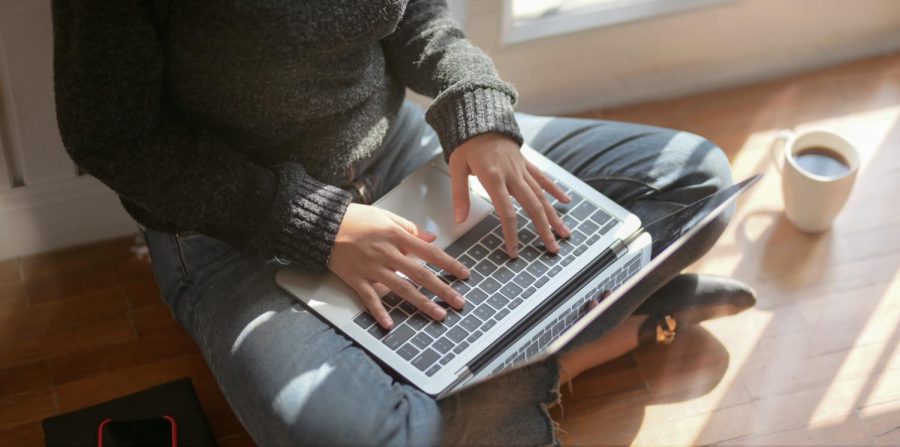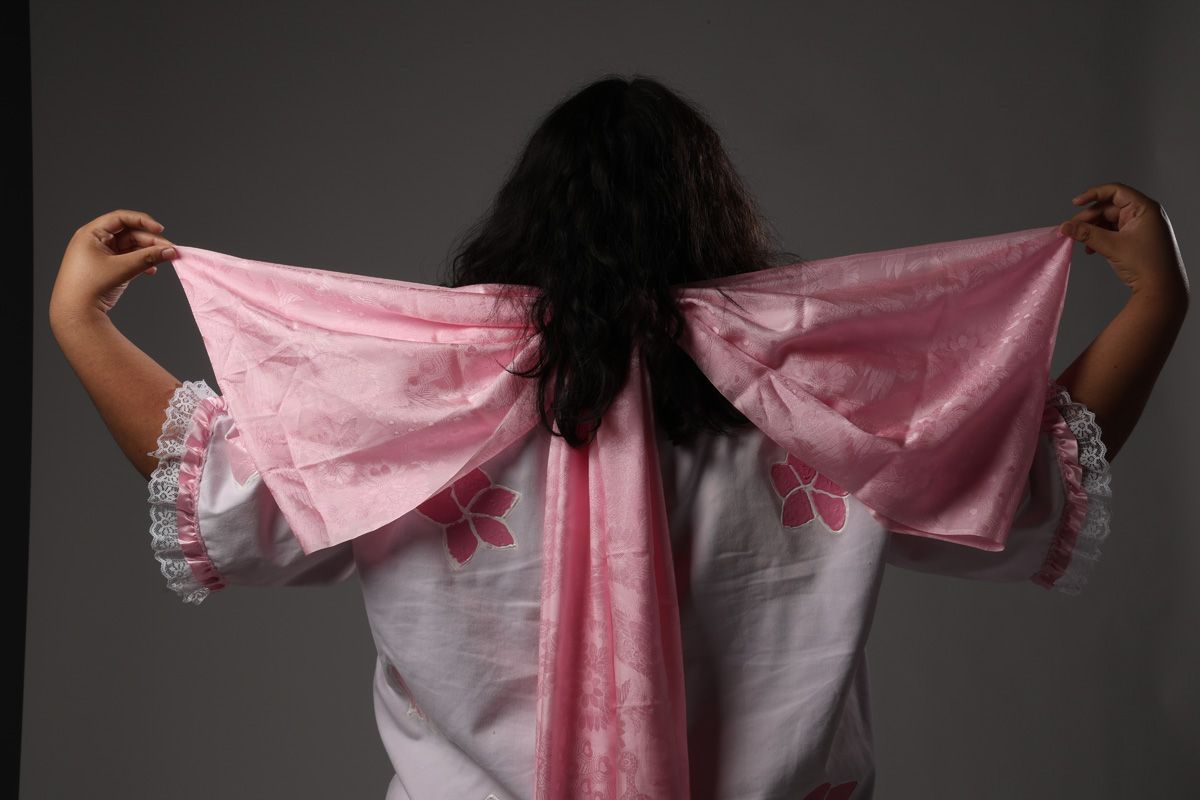What does it mean to be productive in a global pandemic?
How the pressure to be productive when we’re being told to do nothing reshifts our understanding of our place in the world.
April 21, 2020
The coronavirus is the most trendy topic in the world right now, and rightfully so. Thousands of people have died, millions are without jobs and the ways in which we have been viewing the world are being challenged. Questions of what and who is “essential” in our economy, and thus in our society, are making some people question their standing in the world. People who don’t like being told what to do are being told by the government to stay inside and do nothing.
However, staying inside and doing nothing is easier said than done. Whether we’re indoors or outdoors, we can feel a pressure to be productive. To be productive is to contribute, to create or to be of use. But how can someone expect others to contribute, create and be of use for ourselves and our society while in a global pandemic? Nevertheless, the irrational mind persists.
One of the latest toxic messages being permeated in several social media networks is the pressuring from others to be productive right now. It’s the notion that if someone doesn’t come out of this situation, which is the sheltering in place, the social distancing and complete disruption of life as we once knew it, with some sort of achievement — whether it be a screenplay, a novel, a “nice” body, self realization or what have you — then an opportunity would have gone to waste.
These online lifestyle gurus think they’re helping and inspiring others, which may be true for some, but the inverse is just as likely to be true. This instinct to be productive as much as we possibly can has much to do with our collective understanding and relationship with time and money, as well as how we spend these two commodities.
All this time we are spending indoors is not how we perceive how time should be spent nor lived. The idea of “living” conjures up imagery of traveling to another day of work, sitting inside classrooms and blitzing nightclubs. Not images of working from home, walking around loved ones and strangers with protective masks six feet apart, while waiting in lines as long as those at amusement parks just to buy groceries, nor an onslaught of social media rhetoric pressuring us to be productive.
We live in a society … what? We do. A capitalist one, at that. And yes, I did just say the c-word. It’s no secret that one of the flaws, if not the biggest flaw, of capitalism is that it values profit over people. So much so, that its inhabitants become conditioned to derive their self worth from their productivity and the lack thereof. Especially when it’s workplace productivity.
When money is involved, we are given a quantifiable unit of value to assess the literal worth of our time spent doing something. So once the steady flow of income suddenly ends, existential fear is likely to manifest itself. This then should come as no surprise that there are reports of people across states, such as Michigan, Virginia and Minnesota violating and protesting their mandated stay-at-home orders claiming that their liberties are being breached and that the country should “reopen.”
Capitalism prioritizes profit over people to the point where it has the working class doing the exact same thing, even if it means endangering their own health and that of others in the process.
With sheltering in place, depending on a person’s privileges, there comes an ordeal of suddenly having a significant amount of free time to deal with, or better yet, to make use of. Whether it’s virtual happy hours, dance parties or another form of human bonding I have yet to be invited to, people are finding ways to use their time. But must we always find a way to do something? What about doing nothing?
Doing nothing sounds like an offensive thing to do. As opposed to productivity, doing nothing contributes to nothing, it creates nothing and it has no use. Or does it? It is difficult for someone to do nothing if they think it is imperative to their life to remain constantly busy, to always be doing something.
This should come as expected as we are living in a time where we’re constantly berated for making all of our time useful, which we already were pre-COVID-19. Doing nothing offers various methods of how to deal with this feeling of always having to be on, such as heightened environmental awareness, self preservation and a reminder of the free will we possess.
There is power and value in being productive by doing something and by doing nothing. Things get complicated, however, if and when you ask yourself if you are being productive for the benefit of yourself, of your online persona or of the economic system in which you happen to live in. It’s a constant reckoning, between our personal motivations and the failings of a capitalist society that we can no longer afford to live without having.




